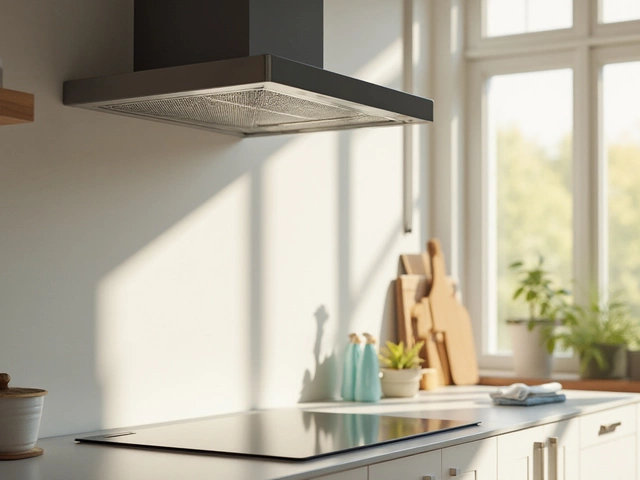Freezer Lifespan – How Long Can Your Freezer Keep Working?
When thinking about Freezer lifespan, the period a freezer stays reliable before needing major repair or replacement. Also known as freezer life expectancy, it depends on how the unit is used, cared for, and the type of freezer you own.
Another key player is Refrigerator lifespan, the average years a fridge functions well. While both appliances share cooling technology, a freezer typically endures colder temperatures and runs continuously, which can shorten or extend its useful years depending on other factors.
Key Factors That Affect Freezer Lifespan
First, temperature setting matters. Running a freezer at the recommended -18°C (0°F) reduces stress on the compressor and seals, helping the unit last longer. If you constantly crank the temperature lower, the compressor works harder, and parts wear out faster.
Second, Freezer maintenance, regular cleaning, defrosting, and seal checks plays a huge role. A dirty condenser coil or a cracked door gasket forces the motor to run more often, cutting the lifespan by years.
Third, the energy efficiency rating, how much power the freezer uses relative to its cooling capacity influences wear. High‑efficiency models run cooler cycles and experience less wear, so they usually outlive older, less efficient units.
Fourth, usage frequency, how often the freezer door is opened and how full it is creates temperature swings. Frequent opening or over‑loading can cause the compressor to cycle more, which adds wear.
Finally, the type of freezer, chest vs. upright models has its own lifespan trends. Chest freezers tend to stay colder when opened, putting less strain on the system, while upright units often have more moving parts and can wear out sooner.
These factors combine in clear ways: Freezer lifespan encompasses temperature setting, maintenance, energy efficiency, usage habits, and freezer type. When any of these variables shift, the overall life expectancy changes.
Understanding these relationships helps you make smarter choices. If you notice your freezer running louder or the freezer compartment not staying cold, it’s often a sign that temperature settings or seals need attention—not necessarily a full replacement.
In practice, a well‑maintained chest freezer in a moderate climate can easily reach 15‑20 years, while an upright model that’s over‑filled and set too low may need a major service after 8‑10 years. These numbers are not set in stone, but they illustrate the impact of each entity we’ve discussed.
Beyond the core topics, we also see connections to appliance repair, professional services that diagnose and fix freezer issues. Knowing when to call a repair pro vs. when a simple seal swap will do can add years to your unit’s life and save money.
Below you’ll find a collection of guides covering everything from diagnosing an under‑performing freezer to simple DIY maintenance steps and when it’s truly time to consider a replacement. Dive in for practical tips, real‑world examples, and clear action plans that match the factors we’ve highlighted.






